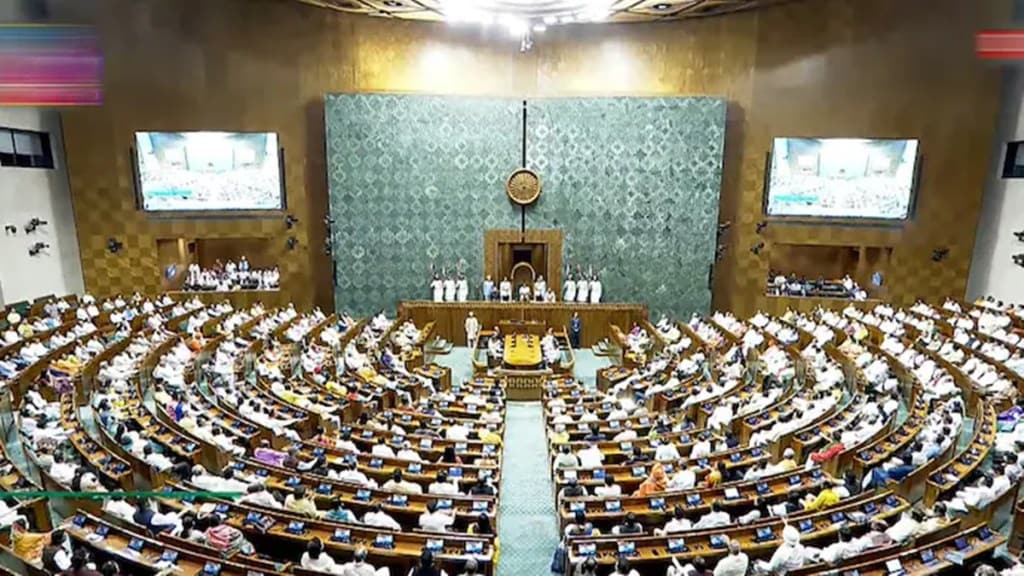The upcoming monsoon session of Parliament will have a heavy economic agenda, aimed at giving a push to investments and value creation in the economy. The Insurance (Amendment) Bill that seeks to allow 100% foreign direct investment (FDI) and composite licensing, and a clutch of amendments to the Insolvency and Bankruptcy Code (IBC), 2016, designed to expedite the pace of resolution of stressed assets, are set to be tabled in the House for consideration and passing, according to an official source.
Besides, depending on the tabling of a report on the new simplified Income Tax Bill by the Parliament’s Select Committee, that legislation could also be taken up for passage in the same session, the source added. A call is yet to be taken on whether to try and carry out certain amendments in the Companies Act, 2013 also in the session, the source said.
The Ministry of Corporate Affairs (MCA) had earlier proposed changes to the Companies Act with a view to widening the scope of “fast-track mergers” under the Section 233.
Besides raising the FDI limit to 100% from 75% and allowing composite licensing to undertake life, general, or health insurance under one entity, the Insurance Bill will also relax the current guidelines and conditions on the repatriation of dividends, and on the appointment of key management personnel for foreign-owned insurance firms.
Further, the requirement of net owned funds for foreign reinsurers is also proposed to be reduced from Rs 5,000 crore to Rs 1,000 crore. The Insurance Regulatory and Development Authority will be empowered to specify lower entry capital (not less than Rs 50 crore) for underserved or un-served segments on a special-case basis. Micro insurance firms are likely to benefit if the capital requirement is lowered. The government is of the view that the sector requires capital inflows to grow and raise the insurance penetration level in the country.
The bill will amend three laws—the Insurance Act, the Insurance Regulatory and Development Authority Act and the LIC Act. The amendment to the LIC Act is aimed at giving the state-run insurers more autonomy by giving them full freedom on the appointment of personnel and opening of branch offices.
IBC amendments may principally introduce three provisions: group insolvency that will allow joint resolution of stressed entities in a corporate group for better efficiency, cross-border insolvency that will increase creditors’ access to foreign assets, and the creditor-led resolution process (CLRP) that will allow faster, out-of-court settlements. The amendments to the IBC are being taken at a time when the resolution process is seen to require a fresh impetus, with nearly 80% of the cases taking more than the stipulated 270-days to complete.
The CLRP might be a pre-packaged scheme and will be initiated by the financial creditors after the occurrence of default by the corporate debtor (CD), but with minimum interference of the adjudicating authority (AA). Group insolvency norms are also needed for the effective implementation of cross-border insolvency rules, as both are linked.
During the Budget session in February, finance minister Nirmala Sitharaman tabled the new Income Tax Bill 2025 in the Lok Sabha, a crispier version of the six-decades-old current principal law, with “substantial changes” aimed at simplifying the provisions. The draft law was referred to the Select Committee of the Lok Sabha, headed by BJP MP Baijayant Panda. The Committee was to submit its report on the first day of the Monsoon session of Parliament. If it is submitted by the panel, the Bill may be taken up in the session itself, sources said.


